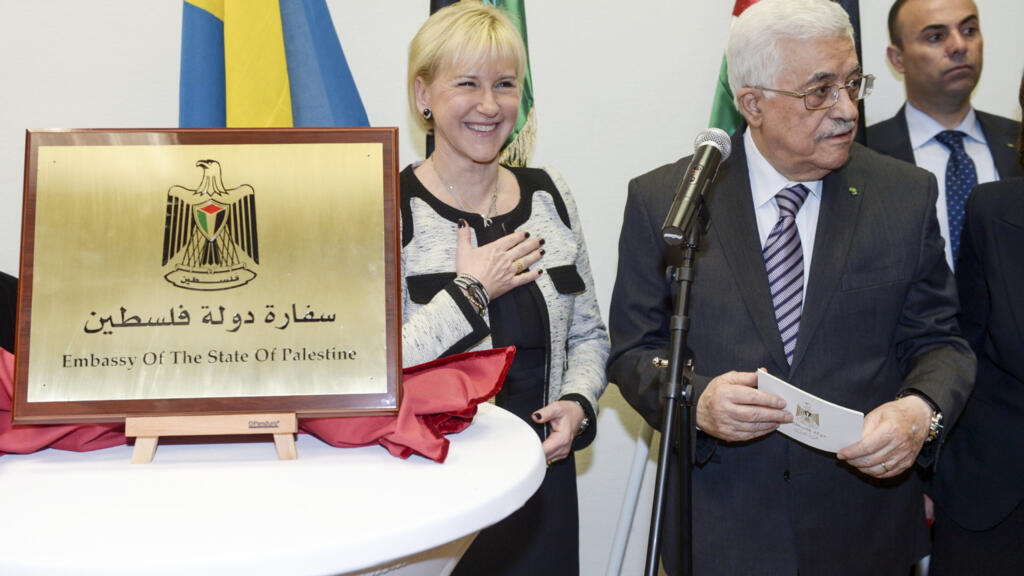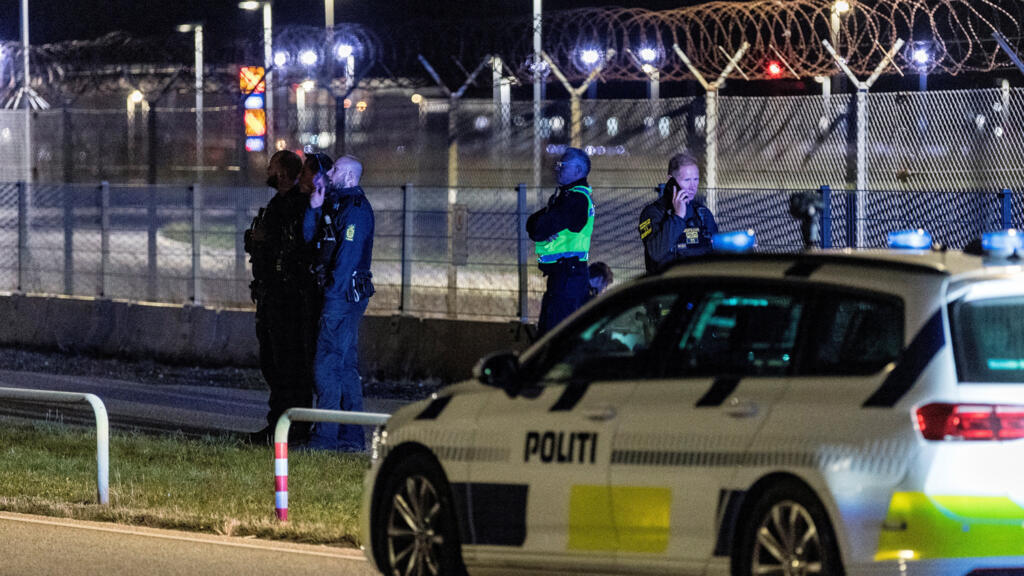Sweden’s Recognition of Palestine: A Lesson for Western Nations
In the fall of 2014, Sweden made history by becoming the first Western European Union country to officially recognize the state of Palestine. This significant decision was part of Sweden's broader foreign policy shift towards supporting self-determination for Palestinians. The Swedish government, under the leadership of then-Prime Minister Stefan Löfven, hoped that this move would encourage other Western nations to follow suit, leading to a potential European-wide wave of similar recognitions.
However, rather than initiating a trend, Sweden found itself increasingly isolated on the international stage. The decision drew sharp criticism from Israel, which viewed it as a detrimental undermining of its legitimacy as a nation. In response, Israel's diplomatic relations with Sweden soured, leading to a series of punitive measures. This included reducing diplomatic exchanges and intensifying rhetorical clashes. Sweden faced significant backlash; for instance, Israeli officials refrained from engaging with Swedish counterparts, viewing their recognition as a hostile act.
This isolated stance has had lasting implications for Sweden's foreign policy and its relationships within Europe. While some countries expressed support for the Palestinian cause, they hesitated to take the definitive step of diplomatic recognition. Sweden's experience demonstrated that even altruistic motives can lead to unintended consequences on the global diplomatic stage. Its position served as a cautionary tale about the complexities involved in foreign recognition processes and the potential diplomatic fallout that may ensue.
Fast forward to the present day, and France, along with other Western states, is considering similar recognition amidst changing geopolitical dynamics. As these nations navigate the intricacies of international recognition, they can draw valuable lessons from Sweden's experience. One of the primary takeaways is the importance of understanding the regional geopolitical landscape and the potential repercussions of such a decision. Western governments must weigh the benefits of recognition against the possible diplomatic isolation they could face from Israel and its allies.
Moreover, the ordeal underscores the necessity of robust diplomatic strategies to accompany any recognition efforts. For countries contemplating recognition of Palestine, it would be wise to engage in multilateral discussions to gauge the sentiments of other EU member states and international actors. Building a consensus before moving forward could help mitigate backlash and present a united front, thereby strengthening the diplomatic stance of recognizing nations.
In addition, open communication channels with Israel are crucial in these situations. While Sweden's recognition led to severed ties, fostering a dialogue around the issues of recognition and Palestinian rights could promote a more constructive relationship with Israel. It is essential to engage with Israeli officials to discuss concerns and potential pathways to peace—this engagement can help maintain diplomatic relations and prevent unilateral actions from leading to hostile outcomes.
Another influential factor is public sentiment and the domestic political climate surrounding the recognition of Palestine. Leaders must consider how their constituencies view the Israel-Palestine conflict and how recognition might resonate with voters. Transparent communication about the reasons behind such decisions can garner public support and cushion against backlash both domestically and internationally.
In conclusion, as France and other Western nations reflect on Sweden's experience with Palestinian recognition, they must approach the situation with caution, needing to balance moral imperatives with pragmatic diplomatic considerations. Understanding international relations' complexities is vital for ensuring that recognition efforts contribute positively to the broader goal of peace and stability in the region.












